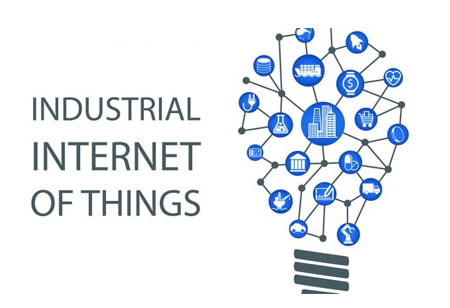THANK YOU FOR SUBSCRIBING
Ai Is the Next Wave in Digital Healthcare
There’s nothing like a global pandemic to rouse the world from its reverie.

By
Apac CIOOutlook | Saturday, March 26, 2022
Stay ahead of the industry with exclusive feature stories on the top companies, expert insights and the latest news delivered straight to your inbox. Subscribe today.
There’s nothing like a global pandemic to rouse the world from its reverie. The last two years have seen not only exponential growth in digital-health markets, but also vast innovation that address niche issues and solve well-trodden problems. As the world pivots away from transactional-based care towards a value-based model with the help of technology, inevitably, digital-health solutions will continue to play an ever-rising role in the delivery, efficacy, and cost structure of contemporary healthcare.
Enter access and costs; two obstacles that further perpetuate the paucity of equitable and affordable care. According to the World Health Organization (WHO), over half the globe lacks sufficient healthcare whilst ~100 million people annually are cast down the socioeconomic ladder due to exorbitant healthcare expenses. Couple this with the WHO’s added projection that by 2030 there will be a shortage of over 15 million healthcare workers.
As in so many other sectors, technology is the answer. The digital-health market, April, 2022 9
now valued at $96.5b, from 2021-2028 it is expected to grow at a 15.1 percent Compounded Annual Growth Rate (CAGR). This tectonic upheaval will in all likelihood leave an indelible mark on healthcare delivery and cost deflation. Examples abound; Internet of Things (IoT) devices such as Google Home or Alexa are evolving into tools for off-site health monitoring, while more advanced devices and software are being introduced to account for the projected shortage of healthcare workers and improve the efficiencies in healthcare processes.
Though a scenario in which machines replace human healthcare providers is far from reality, the stepping stones have been laid. An increasing number of providers are turning to intelligent, AI-powered solutions to deliver robust support to healthcare practitioners and organizations are implementing technology to improve operations, reduce costs, and deliver value-based care.
A new dawn, a new day
Breakthroughs in AI have created a plethora of business possibilities within the healthcare industry. AI implementation can be seen across process automation, personalization, data analytics and generation of actionable insights.
Due to the scalability of technology and its capability in providing pertinent information to make more informed decisions and increase efficiencies, its growth in healthcare will only continue. Health insurers, for instance, are now able to track members’ vitals in real time so as to better assess health risk and in turn, upgrade underwriting practices and reduce a bloated cost structure. This type of healthcare-at-home is now a reality with companies like Binah.ai, which applies signal-processing algorithms and AI to enable people to extract and measure their vital signs (heart rate, oxygen saturation, blood pressure, stress level and more) through the camera of any smart device with medical-grade accuracy of 96-98 percent - paving the way for true remote-patient care.
"With The Current Stress On The Healthcare System And Its Inability To Support A Growing Population, Digital-Health Solutions Are Paramount To Alleviating The Pressure And Creating A Method Of Affordable And Equitable Healthcare"
Or in telehealth, doctor appointments have now become ever more accessible. Startups like Antidote Health, leveraging 20 years of data sets to program its AI algorithms, are solving the pain points of existing telehealth providers and focusing on the underinsured and uninsured markets.
In clinical settings, AI is changing the way surgeons work. Acclaimed startup, Theator, leverages advanced AI and computer-vision tech to improve the performance, efficiency, and pre-op/post-op process for surgeons. The company’s platform extracts and annotates every key moment from real-world procedures so surgeons gain deep scientific insight into their own performances and those of surgeons worldwide.
And in the lab, Quris has developed an AI-powered process designed to remove the animal-testing model in drug trials through a technology called ‘Patients-on-a-Chip’. This automated, high-throughput system generates and classifies data - continuously re-training a machine learning algorithm that predicts clinical safety and efficacy, lowering costs and time from trials to release.
To infinity and beyond
AI-powered healthcare solutions dramatically augment physician bandwidth—assisting doctors to make more accurate diagnoses and prescribe optimal medications. Providing more efficient, cost-effective, accurate, and safe medical treatment without needing to visit the hospital has obvious implications. What is in front of the market is a complete and utter revamp in the ways in which healthcare is distributed, consumed, and processed. With the current stress on the healthcare system and its inability to support a growing population, digital-health solutions are paramount to alleviating the pressure and creating a method of affordable and equitable healthcare.





